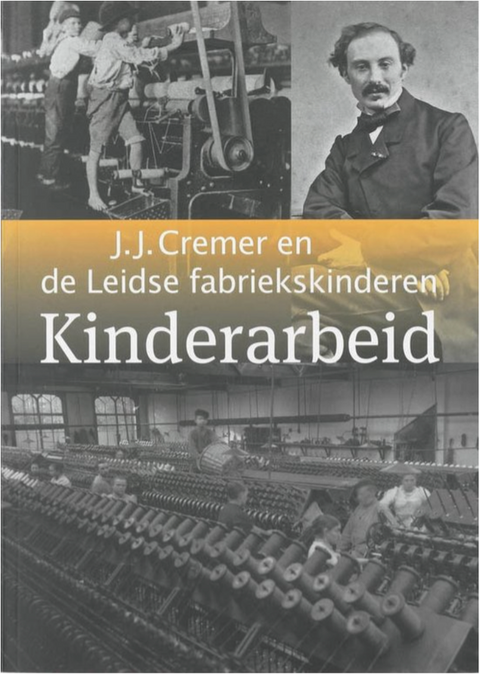
Child labor
Child labour is now often associated with the Third World. However, the Netherlands also has a history of child labour. The Leiden industry played a prominent role in this. On 7 March 1863, the writer JJ Cremer presented his indictment of child labour in the Leiden wool spinning mills, which was published under the title Fabriekskinderen, een bede doch niet om geld (Factory Children, a Prayer but Not for Money). Partly due to this publication, the well-known Children's Act by the liberal Samuel van Houten was established in 1874, which banned factory work by children under the age of twelve. Even though child labour was recently included in the national historical canon, it is still a subject that has received little attention. Exactly 145 years after the presentation by JJ Cremer, the Stichting Industrieel Erfgoed Leiden (Stiel) and the Dirk van Eck Foundation are therefore republishing the text, with a translation into contemporary Dutch by Korrie Korevaart (Leiden University). Cremer's complaint can therefore be read as a compelling argument, while the original text is also included as a facsimile in a reduced format. Leiden city historian Cor Smit extensively explains the backgrounds of the fight against child labour in the Netherlands and the role of JJ Cremer in it. An epilogue also discusses the current situation, both in the Third World and in the Netherlands. The whole is richly illustrated with images from Leiden and other places in the Netherlands. A city map from 1860 indicates which (heavy) industries were present in Leiden at the end of the nineteenth century.

Free and fast delivery

Same day shipping




